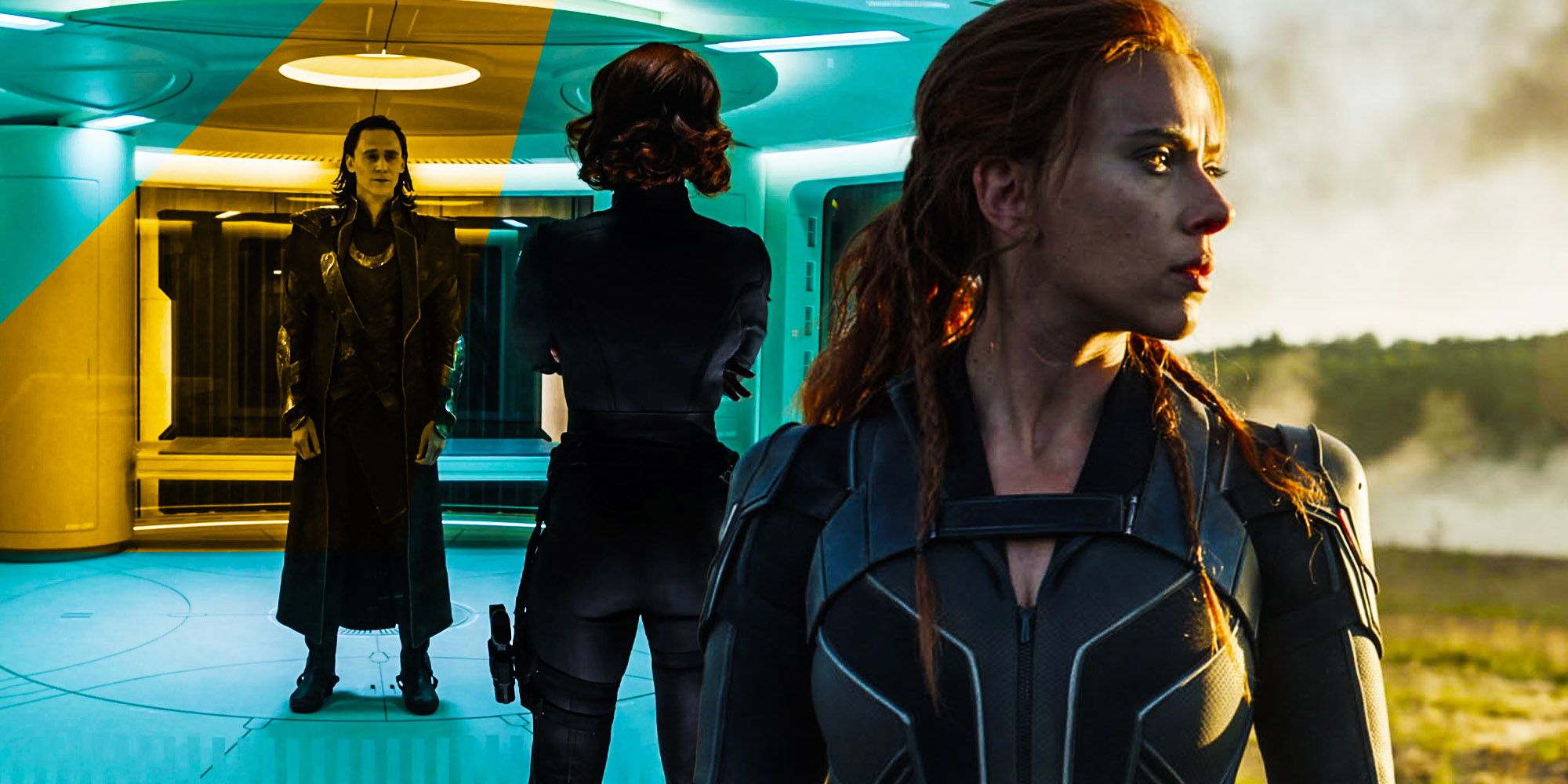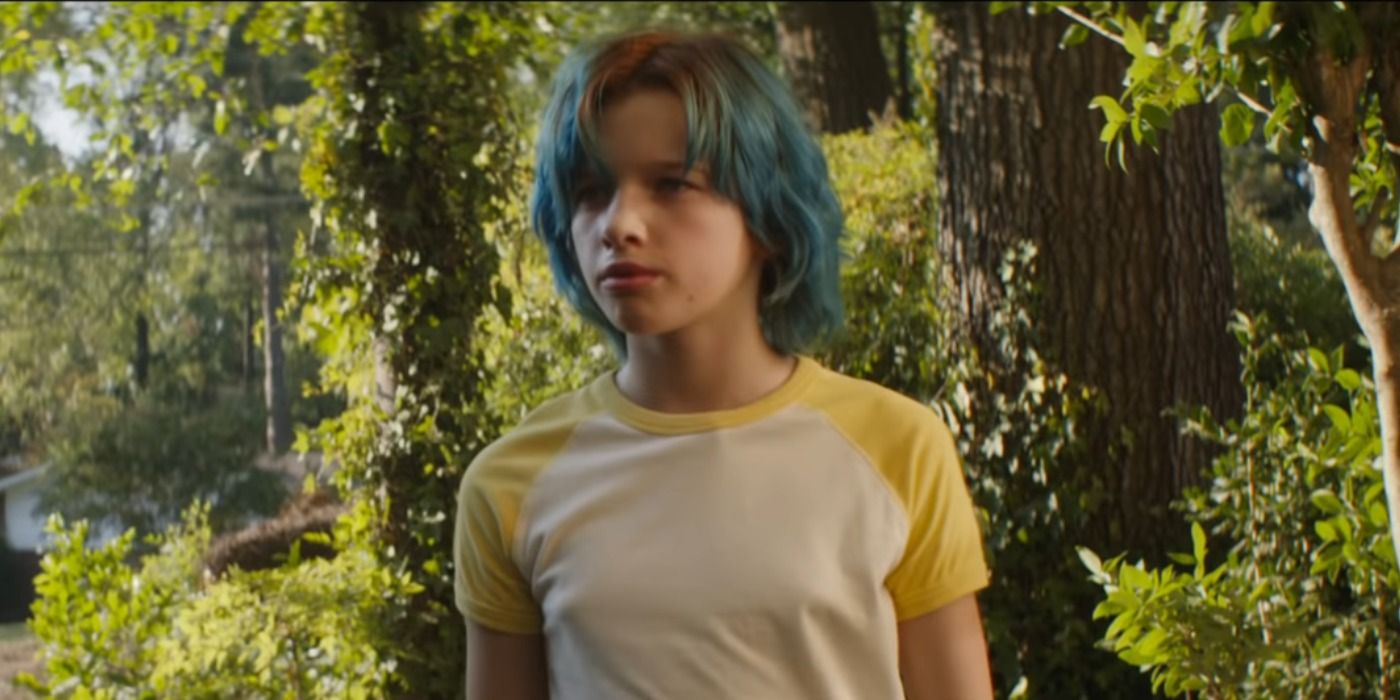Black Widow could subtly explain Natasha Romanoff's dialogue with Loki in The Avengers. When Black Widow made her MCU debut in Iron Man 2, she was both skillful and seductive. She easily drew Tony Stark's gaze, taking advantage of his attention to infiltrate Stark Industries to the highest level; but when Whiplash hacked into Justin Hammer's droids, she swiftly demonstrated she was far more than just eye candy.
In The Avengers, each one of the superheroes got their chance to go head-to-head with Loki, the Trickster God who was attempting to use the Tesseract to lead the Chitauri invasion to Earth. Black Widow's encounter with Loki was a battle of wits, with Natasha conducting an unorthodox interrogation in which Loki thought he was gaining power and influence over her by revealing he knew all about her history. But it seems Black Widow will help explain how Natasha subtly guided the conversation in that direction in order to manipulate him. The conversation gambit began when Natasha insisted love was for children - but why did that prompt Loki to start trying to explore her past?
The final Black Widow trailer suggests the film will provide an answer by exploring Natasha's earliest days in the Red Room program. It looks as though Natasha was initially inducted into a false family, with Red Guardian as her father, Melina Vostokoff as her mother, and Yelena Belova as her little sister. This is actually quite a typical approach for brainwashing someone; you begin by providing them with a place where they feel they belong. While little is known of Natasha's life before the Red Room, Avengers: Endgame revealed she never knew her father's name, so she certainly never had a full family around her before.
But, of course, the Black Widow's Red Room "family" was just a stage in the process of transforming Natasha Romanoff into an agent. No doubt this realization would shatter Natasha's confidence in family, leaving her believing she would never have a true place where she belonged and convincing her that love was for children. Thus, at the very opening of her conversation with Loki, Black Widow deliberately created a conversational opening he could exploit in order to wound her. He didn't hesitate to take advantage of the power he believed she had allowed him, but he grew overconfident and gave himself away.
This would also add a depth to Black Widow's death in Avengers: Endgame. There is a sense in which Natasha's experiences with the Avengers had finally seen her shatter the power of the Red Room's lies because for the first time she had a place where she belonged. In the end, Black Widow sacrificed herself - not because she owed Clint Barton a debt, but because by then she knew she did love him, that he and the Avengers were her family, and that her actions could help bring back the people her loved ones had lost.








